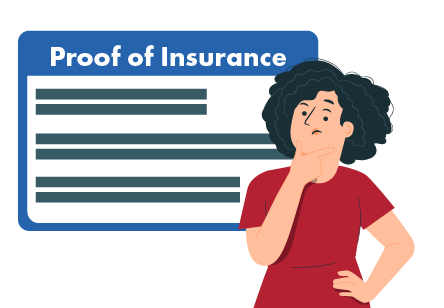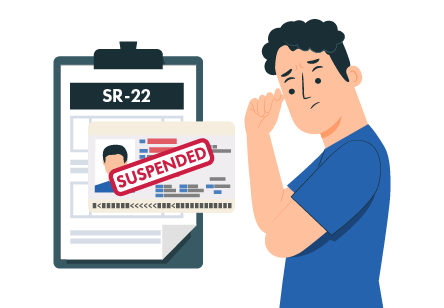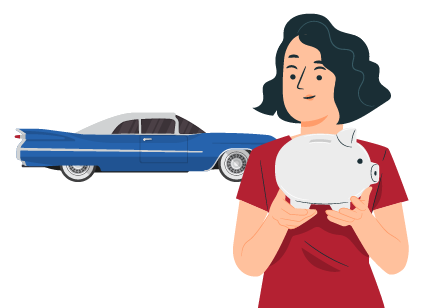Insurance Learning Center

Average Cost of Car Insurance in the USA for 2026
2025 Car Insurance Costs: Find out how location, vehicle type and driving history impact your premiums. Compare rates from top providers and get a quote today to find the best coverage at the lowest price!
Read more
California Car Registration Fees in 2026 - Vehicle Tax, Title and Registration Fees
In this guide we’ll take you through a comprehensive overview of California Car Registration Fees 2026, what vehicle registration really is, why you need it and how to register a car in California. Know what to expect when you go to the DMV to register your California Car.
Read more
California Car Seat Laws in 2026 - Car Seat Safety and Laws
Stay up to date with California’s 2026 car seat laws with our guide. Learn the latest safety requirements for infants, toddlers and children in California. Discover tips for proper car seat installation and use so your little ones are safe and compliant on the road. For parents, caregivers and drivers in California.
Read more
What is a Proof of Insurance Card and When Do You Need it?
Learn why a proof of insurance card is essential for legal compliance, avoiding fines and filing claims. Auto insurance laws, digital vs paper proof and what happens if you’re caught without one.
Read more
Do you Need an SR-22 to Reinstate a Suspended Drivers License?
Do I need an SR-22 to reinstate my suspended driver’s license? Learn everything about SR-22 requirements, state rules, and how to file fast. Get back on the road, request your free quote today!
Read more
Are Older Cars Cheaper to Insure?
Find out what affects insurance costs for older cars, including depreciation, repair costs and safety features. Get expert advice to help you save. Request a quote today and get the best rates for your car!
Read more
What Happens If You Are At Fault In A Car Accident?
Learn about situations where you’re at-fault in a car accident. Our at-fault accident guide covers legal consequences, insurance claims and tips for dealing with damages and injuries responsibly.
Read more
Does Car Insurance Cover Theft and Stolen Cars?
Read our simple guide to how car insurance covers you in case of theft or stolen vehicles. This article explains what your policy covers, key terms you should know and steps you can take to protect your investment. Essential reading for car owners looking for straight talk on auto insurance and theft protection.
Read more
The Best Car Insurance Commercials
Watch the most memorable, creative and effective car insurance ads and learn what makes them tick.
Read more
Does Roadside Assistance Count as a Claim?
Find out if roadside assistance counts as a claim and how it affects your insurance premiums. Our comprehensive guide explains how to use roadside assistance and tips to help you make informed decisions about your car insurance.
Read more
